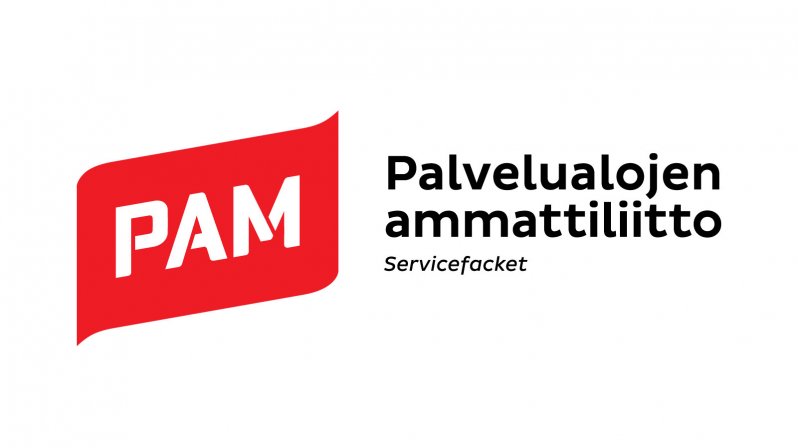Survey: major income problems an increasing problem in the hospitality sector – PAM’s Rönni-Sällinen demands support for employees in the name of fairness
As a result of the coronavirus crisis, incomes have dropped significantly for almost half of employees in the restaurant sector. The crisis has deepened since August. One in three employees say they have cut down on medical visits, for instance, during the coronavirus crisis. PAM’s President demands targeted support and a return of the temporary changes to unemployment security.
In the first week of March, Service Union United PAM re-ran a survey last carried out in August of income problems for members in the hospitality sector. The survey was sent to 24,271 PAM members working in the hospitality sector. As of the evening of Thursday 4 March, responses had been received from 3,089 members.
In August, 39% responded that their incomes had dropped significantly during the coronavirus crisis. Now, half a year later, the share is 48%. Over the year, increasing numbers have faced financial difficulties due to the problems caused by coronavirus in their sector. The crisis has deepened.
“The survey results show how incredibly difficult the year has been for employees in the hospitality sector. The coronavirus pandemic has definitely not treated employees in different sectors equally. For many Finns, the coronavirus epidemic has not affected their incomes at all, but for some their livelihoods have almost disappeared”, says PAM President Annika Rönni-Sällinen.
“The government has to take action if the situation requires it. The coronavirus epidemic is such a situation. But you can’t assume that employees in just a few sectors have to pick up the tab for these actions”, she continues.
Lay-offs loom
Over half of the respondents say that they have had to cut back on the quantity or quality of food. In healthcare, for example, they have cut back more than in August. They have dipped into their savings and sold possessions. The results also indicate that they have resorted to payday loans and income support more. The drop in incomes appears to be somewhat more common and severe for those living in the largest cities than in other localities.
The number of open responses in the survey was unusually high. Many respondents report they have now used up their savings, but many now face lay-offs again.
Almost three out of four of those now in work (73%) said they had been laid off since the start of 2020. At the time of responding, almost half were laid-off (32%) or unemployed (15%). And of those in work (48%), half said they were at risk of being laid off.
Unemployment security impaired
Following the total shutdown last spring, restaurants have continually been faced with various restrictions. These restrictions have also affected the incomes of those employees who have been in work. And this in turn could affect their unemployed security.
“The situation has not returned to normal at any stage. There have been fewer hours and lower incomes than usual, since working hours supplements are a big factor in employees’ incomes in the sector. If earnings-related unemployment allowances are now re-assessed, they will be lower than last spring as a result”, Rönni-Sällinen says.
Targeted support and temporary changes should be brought back
At the start of the week, PAM proposed that when the government targets actions at the restaurant business it should pay targeted support to employees in the sector. Wage subsidies would ease the pressure on operators for lay-offs or redundancies. This is the system in Denmark, where the government subsidises operators by paying 75-90 percent of employees’ wage costs. In practice this would make takeaway sales easier.
PAM also proposed a benefit to top up unemployment security where employees who have been laid off long-term or been unemployed as a result of the coronavirus restrictions would be paid a higher rate than regular earnings-related unemployment benefits.
“A reasonable level for long-term lay-off or unemployment due to the coronavirus crisis would be at least 85-90 per cent of an individual’s employment earnings”, Rönni-Sällinen proposes.
Several temporary changes were made to unemployment security a year ago. For instance, the 5-day waiting period was not applied and those laid off due to the pandemic got unemployment security from day one. Similarly, due to the epidemic maximum days for earnings-related benefits were not used up. These temporary changes ended at the turn of the year.
“Bringing back these temporary changes would be the least the government could now do for low-paid workers in the restaurant
sector”, Rönni-Sällinen says.
The survey was sent to 24,271 PAM members working in the hospitality sector on 1 March 2021. As of Thursday evening 4 March, 3089 members had responded. The survey partly repeated the same questions as in August 2020.



